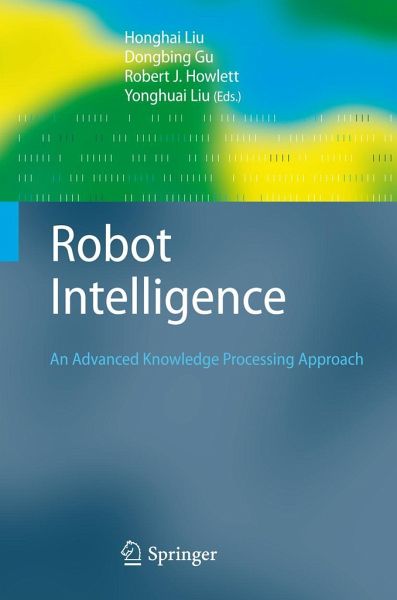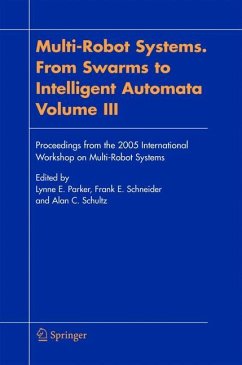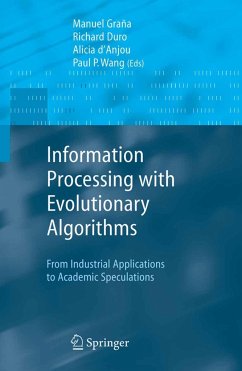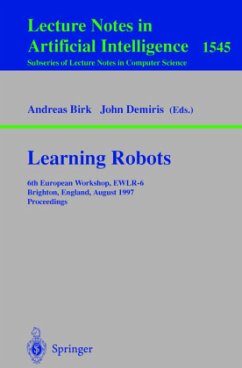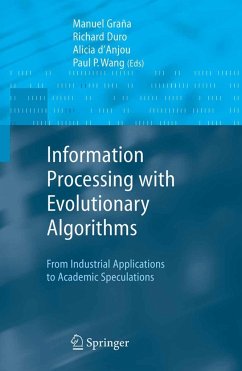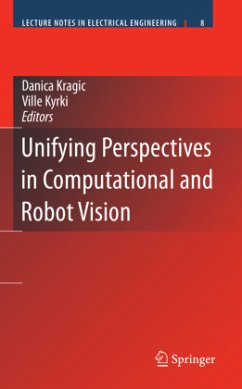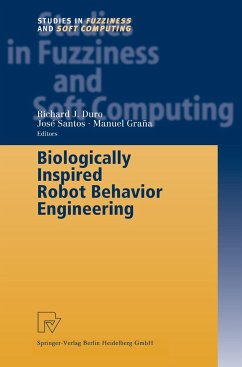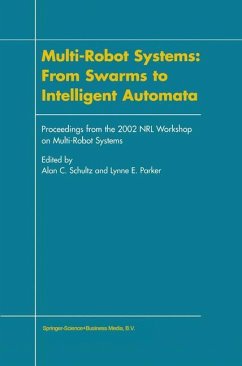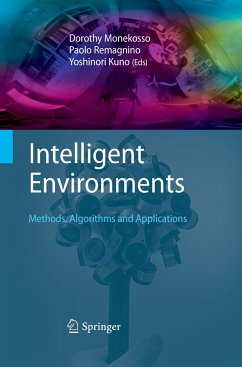Dr. Honghai Liu is a Reader and Head of Intelligent Systems & Robotics Research Group (ISR), School of Creative Technologies, at the University of Portsmouth. He previously held research appointments at the Departments of Computing Science and Engineering in the Universities of London and Aberdeen, and project leader appointments in large-scale industrial control and system integration industry. Honghai has published over 150 refereed journal and conference papers including three Best Paper Awards. He is interested in approximate computation, machine intelligence, pattern recognition and their practical applications with an emphasis on approaches which could make contribution to the intelligent connection of perception to action in systems context. For this emphasis, he has been developing a framework based on approximate computing and it has been implemented into human motion analysis, multifingered robot manipulation, data novelty detection and intelligent control for electric vehicle suspensions with substantial results. He is a Senior Member of IEEE and a Member of IET. Dongbing Gu's current research interests include multi-agent systems, wireless sensor networks, distributed control algorithms, distributed information fusion, cooperative control, reinforcement learning, fuzzy logic and neural network based motion control, model predictive control, wavelet multi-scale image edge detection, and Bayesian multi-scale image segmentation. His work combines fundamental concepts and tools from computer science, networks, systems and control theory. Robert Howlett has considerable expertise in the use of Intelligent Systems in the solution of industrial problems. He has been successful in applying neural networks, expert & fuzzy methods, web intelligence and related technology to: Sustainability: renewable energy, measurement, control, simulation and modeling of energy systems; Condition monitoring: diagnostictools and systems; fault location and identification; virtual sensors; Automotive electronics: engine management systems; monitoring and control of small engines. He is the Executive Chair of the UKES Internationalorganization, which facilitates knowledge transfer and research in areas including Intelligent Systems, Sustainability, and Knowledge Transfer. Through the UKES Smart Systems Centre he provides consultancy services on, for example, Knowledge Transfer Partnerships the EU Interreg Anglo-French funding programme, and technical subjects within his expertise. By setting up and managing over 20 collaborative projects with SMEs and other companies, managing the University of Brighton Knowledge Transfer Partnerships (KTP) Centre for a number of years, and Chairmanship of the KTP National Forum, he has become nationally recognised in knowledge and technology transfer, the commercialisation of research, and the third-mission agenda. Dr Yonghuai Liu has completed BSc and MSc studies and also holds two PhDs. Younghuai gained solid knowledge in the fields of Geography, Cartography, Mathematics, and Economics whilst studying for the BSc degree. Whilst studying for the MSc degree he gained knowledge in the fields of Pattern Recognition, Image Processing, and Mathematics. PhD study in China which gave him solid knowledge in the fields of Artificial Intelligence, Uncertain Reasoning, and also Mathematics. During this period of time, Yonghuai researched on Uncertain Reasoning, Expert Systems, Artificial Intelligence, Pattern Recognition, Image Processing, and Multimedia and taught both undergraduate and postgraduate courses on Artificial Intelligence, Discrete Mathematics, Combinatorial Mathematics, and Multimedia. Younghuai received the ORS award. As a result, he studied for his second PhD degree at The University of Hull under the supervision of Dr Marcos A Rodrigues. He is currently a lecturer at the Department of Computer Science, The University of Wales,Aberystwyth.
